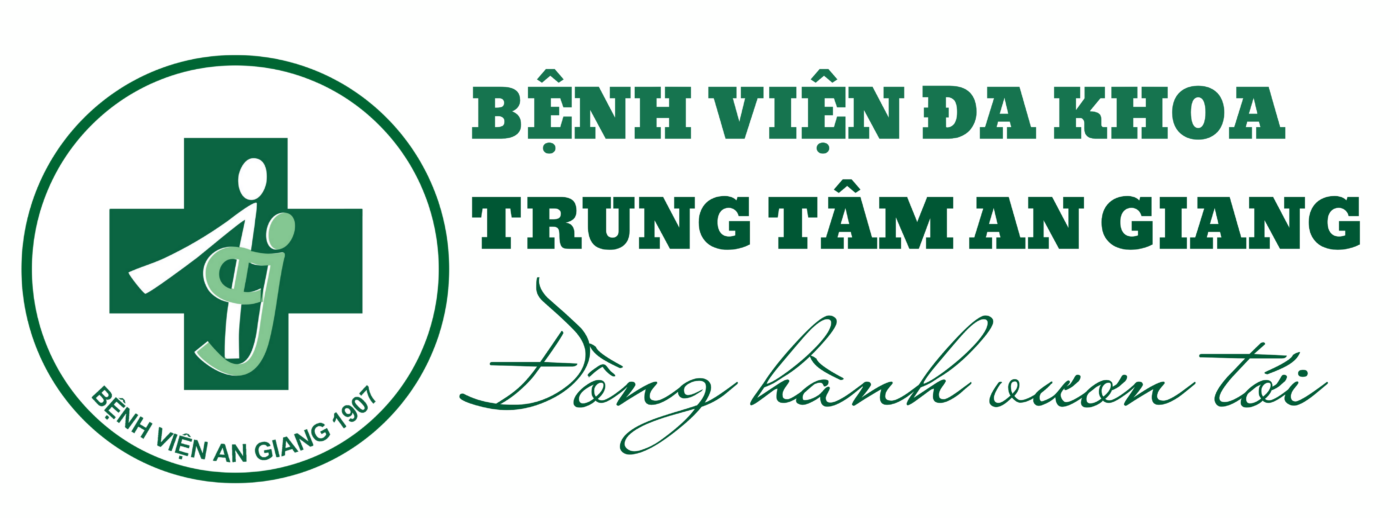BMJ. 1998 May 23;316(7144):1563-9.
Lucassen PL, Assendelft WJ, Gubbels JW, van Eijk JT, van Geldrop WJ, Neven AK.
Institute for Research in Extramural Medicine, Free University, Amsterdam, The Netherlands.
OBJECTIVE: To evaluate the effectiveness of diets, drug treatment, and behavioural interventions on infantile colic in trials with crying or the presence of colic as the primary outcome measure.
DATA SOURCES: Controlled clinical trials identified by a highly sensitive search strategy in Medline (1966-96), Embase (1986-95), and the Cochrane Controlled Trials Register, in combination with reference checking for further relevant publications. Keywords were crying and colic.
STUDY SELECTION: Two independent assessors selected controlled trials with interventions lasting at least 3 days that included infants younger than 6 months who cried excessively.
DATA SYNTHESIS: Methodological quality was assessed by two assessors independently with a quality assessment scale (range 0-5). Effect sizes were calculated as percentage success. Effect sizes of trials using identical interventions were pooled using a random effects model.
RESULTS: 27 controlled trials were identified. Elimination of cows’ milk protein was effective when substituted by hypoallergenic formula milks (effect size 0.22 (95% confidence interval 0.09 to 0.34)). The effectiveness of substitution by soy formula milks was unclear when only trials of good methodological quality were considered. The benefit of eliminating cows’ milk protein was not restricted to highly selected populations. Dicyclomine was effective (effect size 0.46 (0.33 to 0.60)), but serious side effects have been reported. The advice to reduce stimulation was beneficial (effect size 0.48 (0.23 to 0.74)), whereas the advice to increase carrying and holding seemed not to reduce crying. No benefit was shown for simethicone. Uncertainty remained about the effectiveness of low lactose formula milks.
CONCLUSIONS: Infantile colic should preferably be treated by advising carers to reduce stimulation and with a one week trial of a hypoallergenic formula milk.





